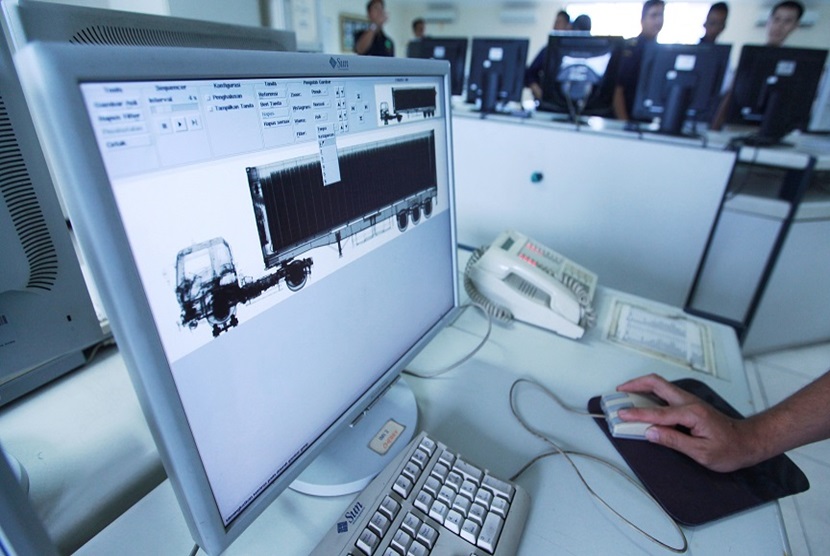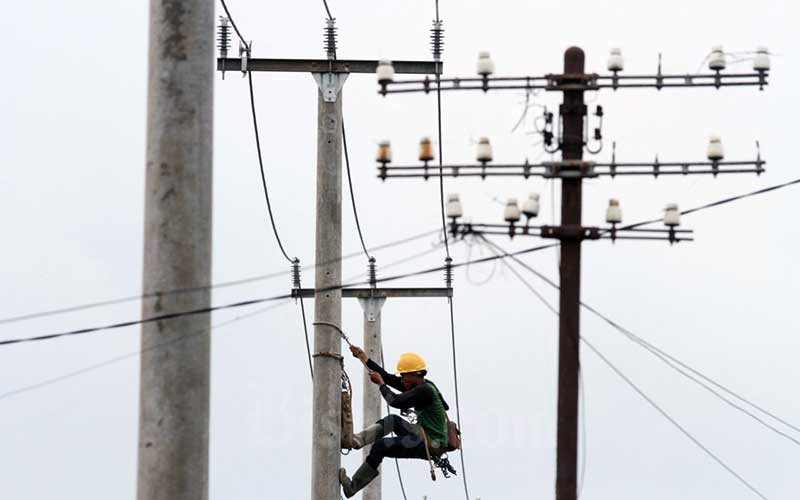[ad_1]
Will the new currency stand the test of time and remain firm against major currencies?
This is the rhetorical question that many are asking following the introduction of ZiG last Friday.
The country introduced the new currency, Zimbabwe Gold (ZiG), in an attempt to resuscitate local currency.
The previous legal tender, RTGS, had been losing value with each trading day and the highest note, ZWL$100, had become so worthless that it could not even buy the cheapest sweet in the world.
It was then officially abandoned on April 5th.
ZiG is Zimbabwe’s sixth attempt in 25 years at introducing a new currency to curb inflation, hence many are wondering if this time things will work out.
Some have ‘killed’ it even before it starts circulating, calling it names such as ZiG Zag money and ZiGy money.
Others are, however, optimistic that maybe, just maybe, we will now have a currency worth talking about.
The currency, which is backed by the country’s gold reserves, is currently trading at $13.50 against the United States dollar.
And, by the way, when the bond was introduced in 2016, it was at par with the US dollar but was later reduced to a mere paper meant for the dustbin.
In 2019, when the RTGS came to the market, it was officially trading at 2.5 against the US$ and just before it was abandoned last week, it was officially at 33.905.
Anyway, that is the past now, we’re now talking ZiG, which I am personally hoping would remain strong; we are tired of the never-ending hyperinflation.
The new ZiG banknotes come in denominations between one and 200.
Coins will also be introduced for the sake of change when transacting.
Shops were giving people sweets, gums and pens as change due to shortage of rand coins.
The US Dollar, which accounts for the bulk of transactions, will remain legal tender and most people are likely to continue favouring its use due to its stability.
However, while ZiG is being touted as the best currency that the country has ever had in recent times, the reserve bank has said it cannot be used to buy fuel, at least for now.
In a statement on Tuesday, the central bank said, “The current pricing mechanism in the fuel sector will remain in place until otherwise reviewed.”
Selling fuel in local currency has in the past been a problem as suppliers would have to first source the foreign currency to import the liquid.
The post New money, old doubts appeared first on TheVoiceBW.
[ad_2]
Source link




